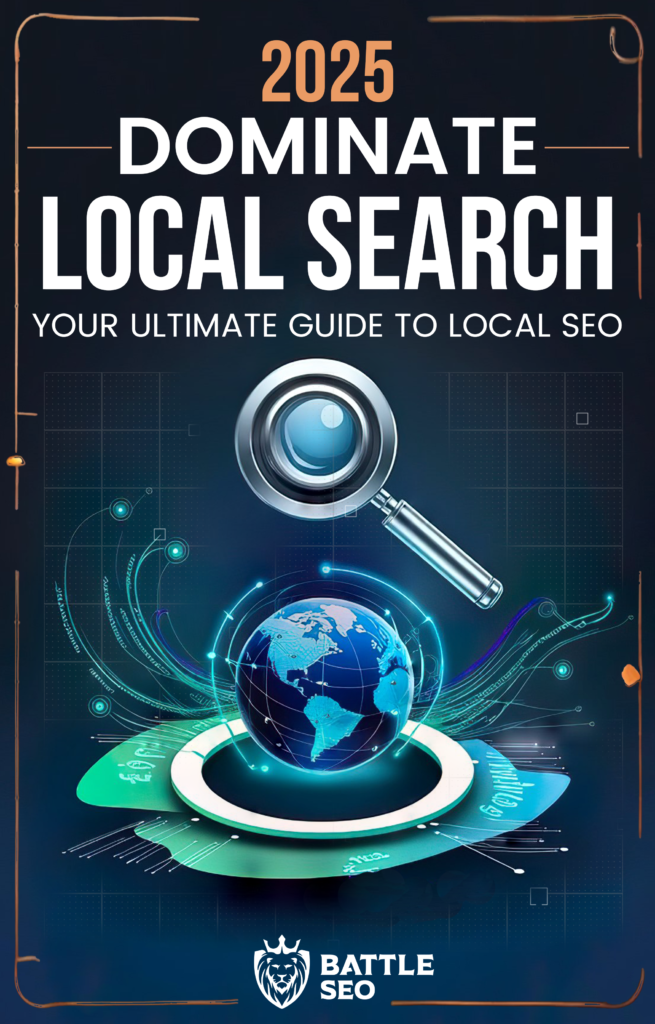Search engines are the center of digital navigation, evolving from basic indexing tools to sophisticated AI-powered platforms. Let’s explore this journey, focusing on key milestones and trends relevant to 2025.
Early Days and the Rise of Full-Text Search
The earliest search engines, like Archie (1990), focused on indexing file names. Tools like Veronica and Jughead emerged as the web grew, indexing Gopher menus. However, the explosion of online content demanded more advanced solutions.
Full-text search engines, such as WebCrawler (1994) and Lycos (1994), addressed this need by indexing entire web pages. AltaVista (1993) further revolutionized search with its fast crawler, Scooter, and natural language query capabilities.
The Emergence of Directories and Google’s Dominance
Yahoo! (1994) introduced a human-curated directory model that organized websites into categories. While initially successful, this approach struggled to keep pace with the web’s rapid growth.
Google’s arrival in 1998 transformed search engines’ operations, creating a guide for other platforms. Google’s PageRank algorithm quickly delivered superior relevance by prioritizing pages based on backlinks. Subsequent innovations, including personalized results and AdWords, solidified its dominance as the number-one search engine, allowing it to become one of the largest companies in the world.

Competition and the Rise of Specialized Search
The search engine market has seen intense competition, with multiple players, such as Microsoft’s Bing (2009), vying for market share. Bing differentiated itself through features like Best Match and Deep Links and by integrating with Microsoft’s ecosystem.
Specialized search engines have also emerged, catering to specific needs like privacy (DuckDuckGo) or niche content (Ecosia). Despite these efforts, Google remains the A player, continuously innovating and expanding into new services like the Gemini AI platform.
Monetization Strategies
Search engines employ multiple monetization models. Pay-per-click (PPC) advertising, pioneered by Google’s AdWords, allows businesses to bid on keywords and pay when their ads are clicked or viewed. Other models include cost-per-impression (CPM) and cost-per-action (CPA).
Display shopping ads, affiliate marketing, and subscription services are familiar revenue sources. Additionally, search engines leverage user data to refine products, inform market strategies, and provide valuable business insights.
Internationalization and Localization
While Google is a global leader, regional search engines like Baidu (China) and Yandex (Russia) have dominated their respective markets by catering to local languages, cultural preferences, and regulatory environments.
Localization involves language translation and adapting algorithms to reflect local interests, incorporating region-specific features, and complying with local data privacy regulations.
AI and Machine Learning
Artificial intelligence (AI) and machine learning (ML) have significantly impacted search engine technology. These technologies enhance search algorithms and personalize user experiences, improving the accuracy and relevance of search results.
Natural language processing (NLP) enables search engines to understand and respond to conversational queries, facilitating voice search and interactions with digital assistants. AI also helps combat spam, enforce ethical SEO practices, and organize vast web data.

Regulation, Privacy, and Ethics
Search engines are increasingly scrutinized for regulation, privacy, and ethics. Regulatory bodies are concerned with market fairness, data protection, and consumer rights.
Data privacy is a significant concern, as search engines collect vast user data. Initiatives like GDPR aim to give users more control over their personal information.
Ethical considerations include the neutrality of search results, the potential for algorithmic bias, and the balance between free speech and censorship.
Data Privacy and Antitrust Concerns
Data privacy regulations like GDPR and CCPA are becoming increasingly stringent. They require search engines to obtain user consent for data collection and require transparency about how personal data is used.
Antitrust scrutiny increases as regulators investigate whether search engines engage in anticompetitive practices. This could lead to significant penalties or structural changes in the industry.
The Rise of AI Search: Understanding the Future of Information Retrieval
Artificial intelligence (AI) is no longer a futuristic concept; it’s reshaping the very foundation of how we search and access information. AI-powered search engines represent a paradigm shift, moving beyond simple keyword matching to a deeper understanding of user intent and context.

Here’s how AI is revolutionizing search:
- Understanding Natural Language: Natural Language Processing (NLP) allows search engines to decipher the nuances of human language. This means understanding the meaning behind complex sentences, interpreting synonyms and related concepts, and recognizing the sentiment and emotion behind a query. This enables more conversational searches, where users can naturally ask questions and receive accurate, relevant responses.
- Personalized Search Journeys: AI algorithms analyze vast amounts of data, including your past search history, browsing behavior, location, and even your current activity, to tailor search results specifically to you. This means you will see results more relevant to your interests, needs, and preferences.
- Predictive Search and Recommendations: AI can anticipate your needs before you even fully articulate them. As you type a query, AI algorithms can predict what you’re looking for and offer suggestions, saving you time and effort. This predictive capability extends to recommending related content, products, or services that might interest you.
- Visual and Voice Search: AI is powering the rise of new search modalities, such as visual and voice search. With visual search, you can use images to find information or similar products. Voice search allows you to speak your queries naturally, making search more accessible and convenient, especially on mobile and smart home devices.
- Combating Misinformation and Spam: AI algorithms are becoming increasingly sophisticated at identifying and filtering out low-quality content, spam, and misinformation. This helps ensure that users see credible and trustworthy results, creating a safer and more reliable search experience.
- Continuous Learning and Improvement: AI search engines are continuously learning and improving. They analyze user interactions, feedback, and new data to refine their algorithms, delivering increasingly accurate and relevant results.
The Impact on Users and Businesses:
For users, AI search means a more intuitive, personalized, and efficient way to find information. It opens up new possibilities for discovering content, exploring interests, and making informed decisions.
For businesses, AI search presents both challenges and opportunities. Websites and content must be AI-optimized, focusing on natural language, user intent, and relevance. However, AI search offers new ways to connect with potential customers, providing more targeted and personalized experiences that can drive engagement and conversions.
AI search is still evolving, but it’s clearly transforming how we interact with information online. As AI technology advances, we can expect even more innovative and sophisticated search experiences in the future.
Looking Ahead
The future of search will likely be shaped by continued advancements in AI and ML, increased personalization, and the growing importance of voice and visual search. Search engines must navigate evolving regulatory landscapes and address ethical concerns about data privacy, algorithmic bias, and censorship.
Key Takeaways
- Search engines have evolved from basic indexing tools to sophisticated AI-powered platforms.
- Google’s PageRank algorithm and subsequent innovations have led to its dominance in the search market.
- Competition remains fierce, with players like Bing and specialized search engines vying for market share.
- Monetization strategies include PPC advertising, CPM, CPA, display shopping ads, affiliate marketing, and subscription services.
- Regional search engines like Baidu and Yandex have succeeded by catering to local needs and preferences.
- AI and ML are transforming search engine technology, enhancing algorithms, personalizing results, and enabling new search modalities.
- Search engines face increasing scrutiny regarding regulation, privacy, and ethics.
- Data privacy regulations and antitrust concerns are shaping the future of the search industry.
→ Tailored, Tactical SEO for Your Business
→ Top 3 Results in 30 Days or Your Money Back
→ Full-Service SEO: On-Page, Backlinks, and More
Get results that matter – start your SEO battle with us today →
⭐⭐⭐⭐⭐ Rated 4.8/5 by 32 Satisfied Clients

About Mike
Mike Guess is an accomplished marketing expert with over 15 years of experience leading various companies to digital success. He is the CEO of Battle SEO and 39LINKS.COM, overseeing bespoke SEO and digital marketing campaigns that enhance online visibility and drive client growth. He also serves as Chief Marketing Officer and partner at We Speak Meat, where he drives brand strategy and customer engagement for a premium meat retailer.


